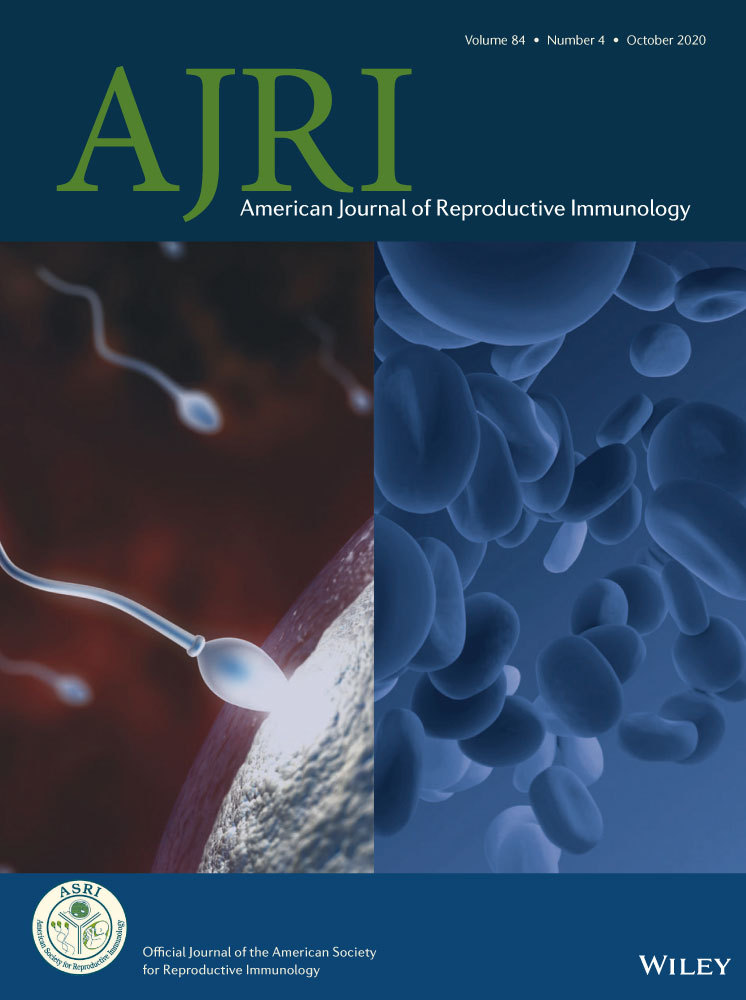Faster waning of the rubella-specific immune response in young pregnant women immunized with MMR at 15 months
Funding information
The study was funded by Fooyin University Hospital (Grant No: FH-HR-108-09).
Abstract
Problem
Vaccination is the best protection against rubella and congenital rubella infection. Although a high rate of immunization coverage is achieved in Taiwan, it is unknown if the vaccine-induced immunity persists from the age of vaccination to childbearing age.
Methods of study
A total of 5,988 prenatal rubella IgG test results of young pregnant women aged 19-23 years old from six hospitals during January 2001 to December 2008 and January 2013 to December 2017 were analyzed. We compared the rubella seropositivity rates and titers in these women who were vaccinated with MMR vaccine in four different vaccination age cohorts.
Results
The overall rubella seropositivity rate was 87.4% (95% CI: 86.6%-88.3%), and the mean rubella IgG level was 39 IU/mL among young pregnant women aged 19-23 years. Women in the elementary cohort had the highest rubella positivity of 90.8% (95% CI: 89.6%-91.9%), and levels gradually decrease to 84.6% (95% CI: 82.4%-86.7%) in 15-month plus cohort. The average rubella IgG was only 25 IU/mL for the 15-month plus cohort. Women in cohorts immunized at younger age exhibited significantly lower chances of being seropositive relative to women in older cohort after adjusting other factors (all P < .01).
Conclusion
The rubella seropositivity rate and rubella IgG levels were low among young women aged 19-23 years, especially in cohorts immunized at younger age. As rubella immunity wanes over time, a third dose of MMR may be a protective strategy for women who conceive later in life.
CONFLICT OF INTEREST
None to declare.




